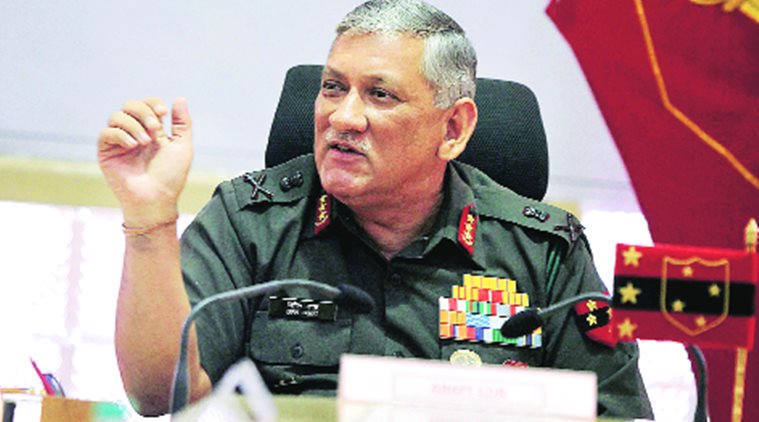I have blogged about the tensions between Pakistan and India. Both countries have around a hundred nuclear warheads and multiple means of delivery. Concerned about a possible invasion from India, Pakistan has stated that they would repel any such incursion with tactical nuclear weapons. Recently, they deployed tactical nuclear weapons to military positions near the Indian border. Recently Pakistan launched a nuclear-capable cruise missile from one of the submarines.
Two weeks ago, the new army chief of India has admitted that there are secret plans for a land invasion of Pakistan as a response to a major terrorist incident linked to Pakistan. This is part of what is referred to as a "cold-start" policy.
The idea behind the cold-start policy is that India should have the ability to respond very quickly to any threat to national security which would include responding to terrorist attacks from Pakistani territory. India has accused the Pakistani intelligence service of at the very least being aware of impending terrorist attacks against India and at the worst, being actively involved in planning such attacks.
An Indian response to Pakistani-based terrorists would consist of Indian troops crossing the border with Pakistan and taking up positions inside Pakistan before Pakistan or the international community could respond. In 2010, a cable was leaked by Wikileaks that indicated that India believed that using the cold-start policy and launching a rapid response to an attack could protect Indian national security without posing a threat to the Pakistani state or triggering a nuclear response.
When this news was made public, a Pakistan official responded by saying that, "If ever our national security is threatened by advancing foreign forces, Pakistan will use all of its weapons — and I mean all of our weapons — to defend our country." This is obviously a reference to nuclear weapons and a restatement of previously stated Pakistani policy.
Although the existence of the India cold-start policy has just been officially admitted, rumors about it have been circulating for years. Pakistan has used such rumors as an excuse to deploy men and weapons to the Indian border. Allies have been urging Pakistan to redeploy the men and weapons to other parts of Pakistan to battle Islamic extremists.
Walter Ladwig, a lecturer in international relations at King’s College London, said: "It is understandable in the wake of the surgical strikes that the Modi government would want to signal to Pakistan that all options are on the table in the event of another terror attack within India. However, reviving cold start — if that is what has happened — certainly escalates the rhetoric, and may raise unrealistic expectations domestically about India’s ability to respond to a new terror attack."
Mahmud Durrani, a former national security adviser to the Pakistani prime minister, said: "Pakistan already fears a rapid build-up of India’s conventional weapons. The danger is that with such warnings [of cold start], the escalatory ladder of going from conventional weapons to nuclear weapons for Pakistan will be shortened.”
Some international experts question whether India really has the resources necessary for a cold-start response to attacks from Pakistan. In any case, a Pakistani belief in such a possibility can only serve to destabilize the unstable relationship between the two nuclear-armed nations.
Bipin Rawat, new Chief of Indian Army:
